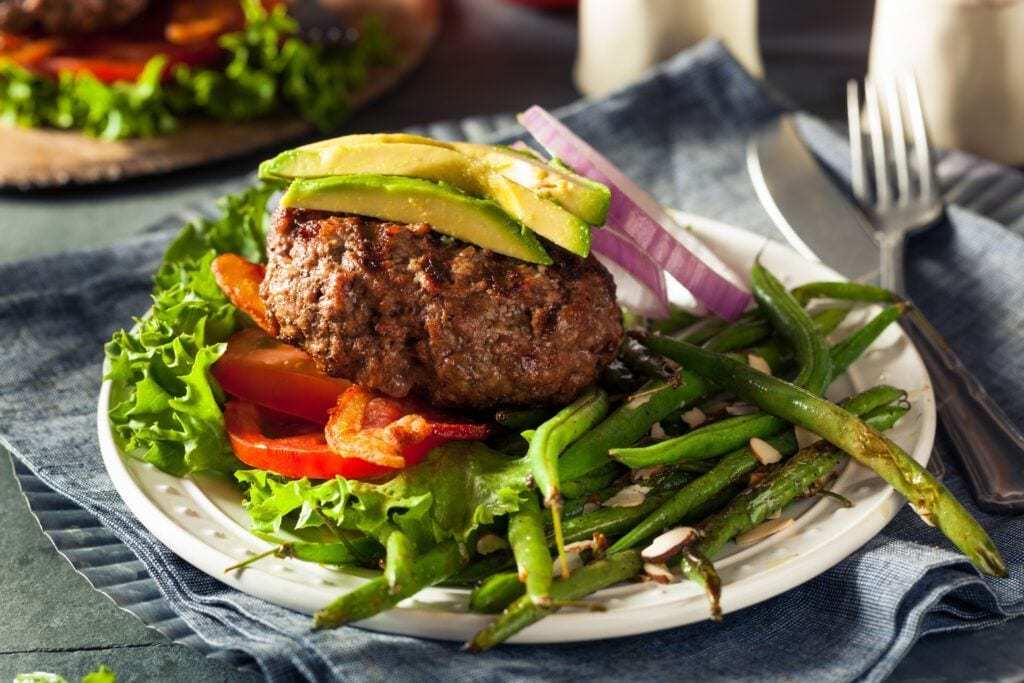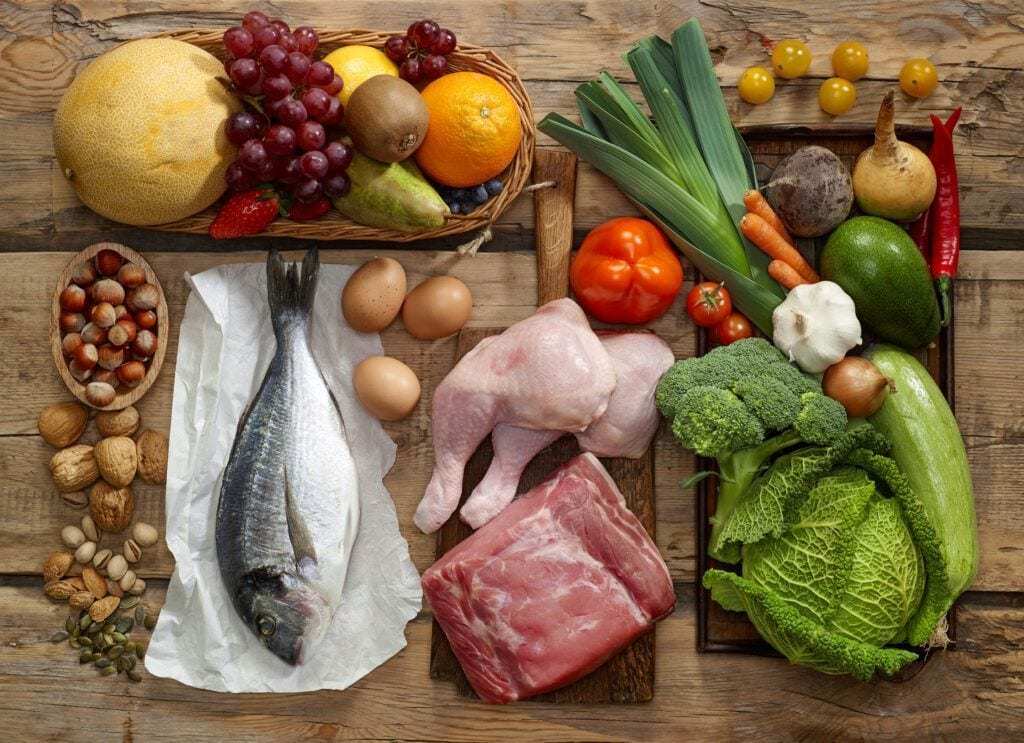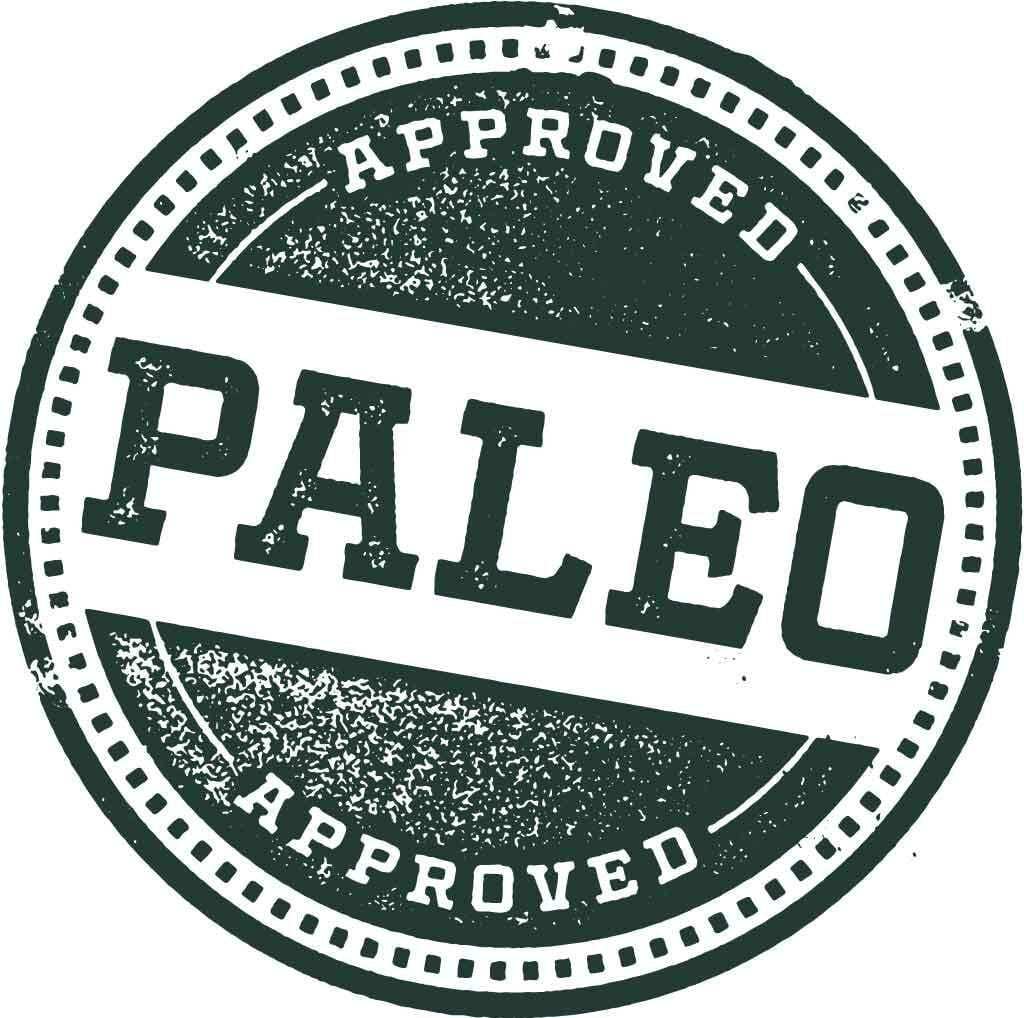
Paleo Diet – An Overview
Throughout the industrialization to the modernization era, we humans keep on worrying about our health and diet. And why shouldn’t we? With all those processed foods, we hardly receive the true nutrients that a food item has to offer. Hence, here we are striving to find a suitable solution for a healthy lifestyle.
Well, you must have heard about the Keto diet and the low-carb diet? But did you hear about the Paleo diet? Perhaps, not. So, let’s dig into this marvelous diet concept and evaluate further!
What is Paleo Diet?
Paleo diet refers to a prehistoric diet or better known as the caveman diet. Back in the time, when humans relied on hunting and gathering edibles for existing, there existed a rather beneficial pattern and practice of eating.
The cavemen consumed whole foods, including:
- Vegetables
- Fruits
- Meat
- Herbs
- Fish, etc.
Certainly, all of these foods were not available in one location. So, they did not consume all of them. Instead, they survived on what was available.
The limitation means nothing in the mobile world of today. And so, we can consider our version of Paleo Diet an upgraded one. We can still have Paleo Diet but with all these foodstuffs. Or maybe, narrow down our options according to will.
Today, this whole foods-based diet plan has gained immense popularity, thanks to its countless health benefits. The diet is also known as the Stone Age Diet, Hunter-Gatherer Diet, and Paleolithic Diet.

Foods to Eat
In the Paleo diet, one can eat only specific food items. The rule is simple, that is to keep on eating unprocessed and whole foods. A single mouthful of any processed food can ruin the whole concept. Thus, remember to consume all organic food. Here are the foods you should eat on a Paleo diet:
- Fruits (Apples, Bananas, Kiwi Fruit, Blueberries, and Watermelon)
- Vegetables (Kale, Spinach, Carrots, and Tomatoes)
- Meat (Beef, Lamb, and Chicken)
- Healthy Oils
- Eggs
Foods Not to Eat
If you want to make your Paleo diet successful, then try not to eat the following food items:
- Sugary food (Soft drinks, ice creams, fruit juices, cakes, and brownies)
- Bread & Pasta
- Butter & Margarine
- Artificial Sweeteners
- Legumes

How is Paleo Diet Beneficial?
Although the concept is relatively new, several types of research have shown that the Paleo diet can be significantly beneficial. These benefits include weight loss, reduced risk of diabetes, and lowered blood pressure.
According to a 2008 study, the Paleo diet helped several individuals lose around 2.3kilograms of weight after 3-weeks. Researchers obtained similar results in the following studies. However, a 2017 review suggests that the weight loss effect of the Paleo diet is temporary. The sudden restriction of calorie intake, such as sugary drinks, accounts for the initial weight loss.
Apart from that, the Paleo diet improves one’s insulin sensitivity. Hence, decreasing the chances of diabetes. Also, in a 2015 study, the practice of the Paleo diet augmented the individual’s metabolic health.
The Paleo diet can also lower one’s blood pressure. According to research, the intake of organic and whole foods improved blood pressure. As high blood pressure elevates the risk of heart-related issues, one can conclude that the Paleo diet can also prevent the development of heart problems.
Side Effects
Consuming whole foods has no negative side at all, given that you’ve been consuming it since forever.
Now that sounds almost impossible. Doesn’t it? Who in the present world consumes caveman food since birth?
Certainly, nobody. But does that fail the concept of the Paleo diet entirely?
No, that’s not true either.
When you decide to switch to Paleo Diet, your body will have to adjust accordingly. And during adjusting, it may undergo a few conditions that we consider as the side effects of the Paleo Diet.
These include:
- Lack of energy
- Disturbed Bowel Habits
- Processed Food Cravings
- Low Carb Flu (headaches, fatigue, brain fog)
All these side effects are temporary and are likely to fade away with time. However, if they continue to persist and prolong, you should consult your doctor immediately.
Also, increased long-term intake of high amounts of saturated fat meat can increase bad cholesterol in the blood. Thus it is suggestible to take a break from it, every once in a while.

Are there any Alternatives?
Paleo diet is not the only diet plan that suggests the intake of organic and whole foods. With slight differences, the following diets can be good alternatives:
- Plant-based Diet- In this diet plan, one has to eat more vegetables, legumes, and similar food items.
- Atkins Diet– The Atkins Diet focuses on losing weight. It cuts down the carbs, but then in each phase, some amount of carbs gets added.
- Vegan Diet– The vegetarian diet removes meat and seafood, but the vegan eliminates all the food items derived from animals.
- Whole30 Diet- As the name suggests, the Whole30 Diet is a 30-day plan that involves the consumption of organic foods.
Leave your comment
You must be logged in to post a comment.